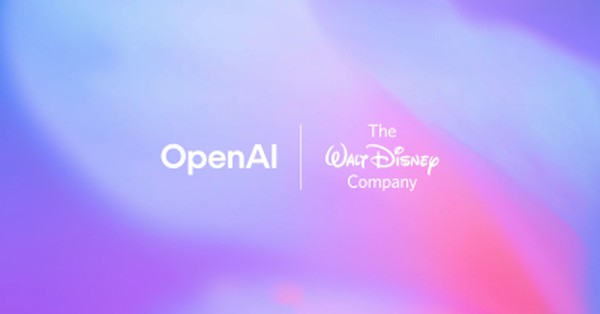Verizon and Vonage Forge a Path for Advanced 5G Network API Integration
NEW YORK – In an industry-defining collaboration, Verizon, a leader in technology and communications services, and Vonage, part of Ericsson and a cloud communications powerhouse, have embarked on a partnership to enrich the API landscape. This alliance, cemented through a memorandum of understanding (MOU), aims to enhance the accessibility and functionality of Verizon’s 5G network APIs via the Vonage platform.
Revolutionizing API Development and Distribution
The union of these technological giants marks a pivotal moment in API development and distribution. By integrating Verizon’s network services into Vonage’s platform, the collaboration is set to redefine enterprise-consumer interactions, improving customer journeys, and strengthening brand loyalty through advanced API capabilities.
APIs: The Building Blocks of Next-Gen Innovation
Central to this collaboration is the focus on evolving existing APIs and forging ahead with the development of advanced, next-generation APIs. This move is integral to unleashing the full capabilities of 5G networks, propelling digital transformation within enterprises, and opening new avenues for the monetization of network assets.
Verizon’s Vision: Bridging API Access for Developers and Enterprises
Verizon, known for its robust 5G network with far-reaching capabilities, is poised to become a pivotal connector between developers, enterprises, and a vast array of network services and data. This expanded API access is anticipated to elevate application features, foster innovation, and catalyze growth and profitability.
Srini Kalapala on the API-Driven Future
Highlighting the importance of this collaboration, Srini Kalapala, Senior Vice President of Technology and Product Development at Verizon, remarks, “Our journey with APIs is entering a new era with partners like Vonage. We are dedicated to expanding network API accessibility for the advancement of a fully connected world.”
Vonage’s Role in Enriching API Ecosystem
Vonage’s established Communications Platform as a Service (CPaaS) is a hub for over a million developers to integrate communication features into applications and workflows. This collaboration with Verizon will extend Vonage’s platform capabilities, introducing powerful 5G API integrations to inspire secure, innovative, and reliable application development.
Seckin Arikan on the Strategic Impact of APIs
Seckin Arikan, Executive Vice President at Vonage, emphasizes the strategic significance of this partnership in Ericsson’s global vision. “The collaboration with Verizon is not just a milestone; it’s a transformative step towards bringing pioneering network APIs to the forefront in the U.S.,” Arikan observes.
A Synergy of API Expertise and 5G Innovation
The partnership between Verizon and Vonage exemplifies a shared commitment to advancing 5G technology through innovative API solutions. By combining Verizon’s network strengths with Vonage’s platform expertise, this alliance is set to usher in a new chapter of technological advancement and enhanced digital connectivity.







































